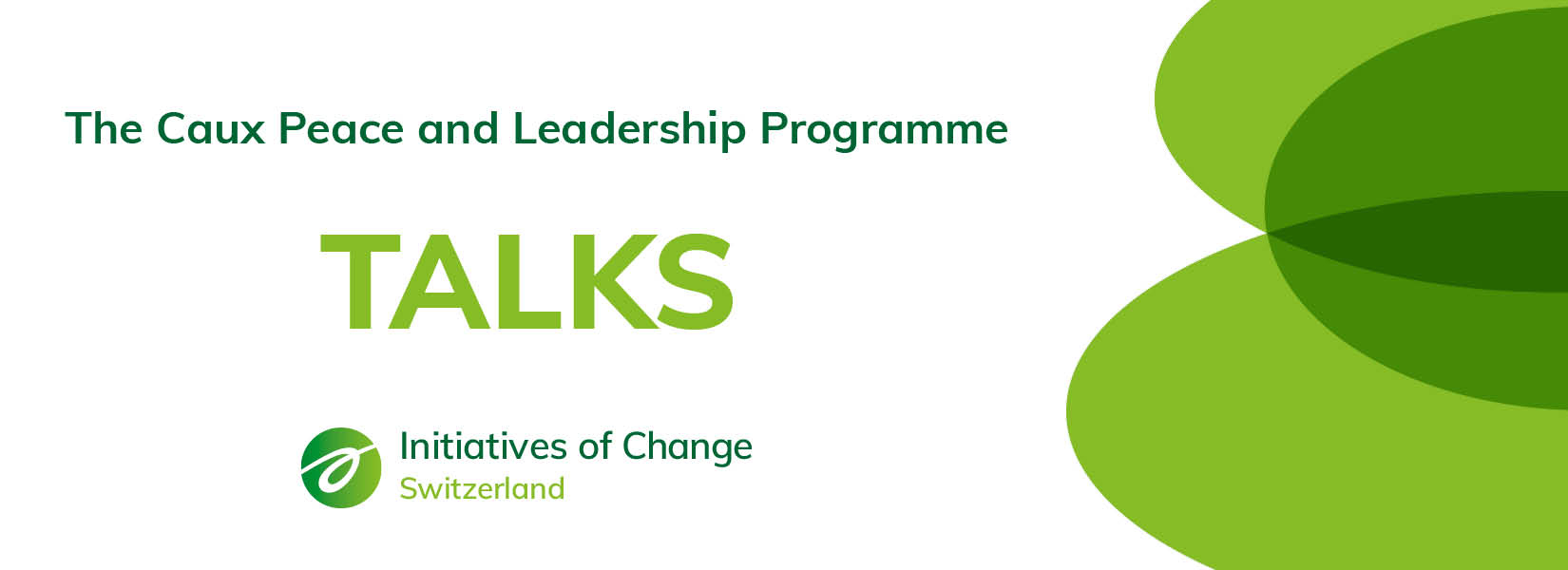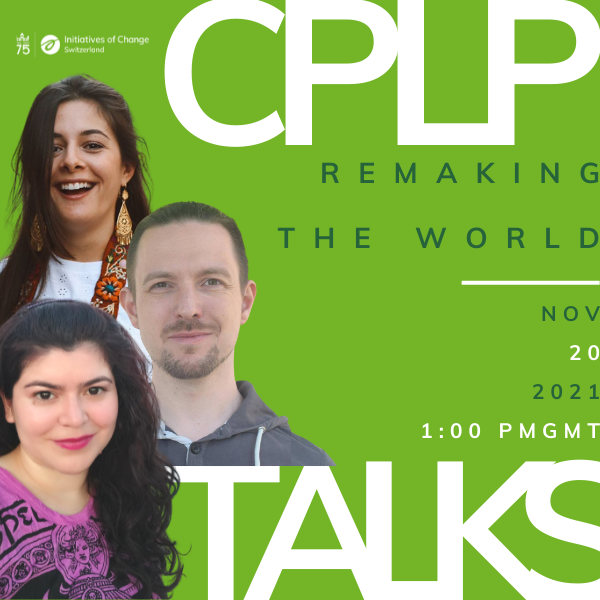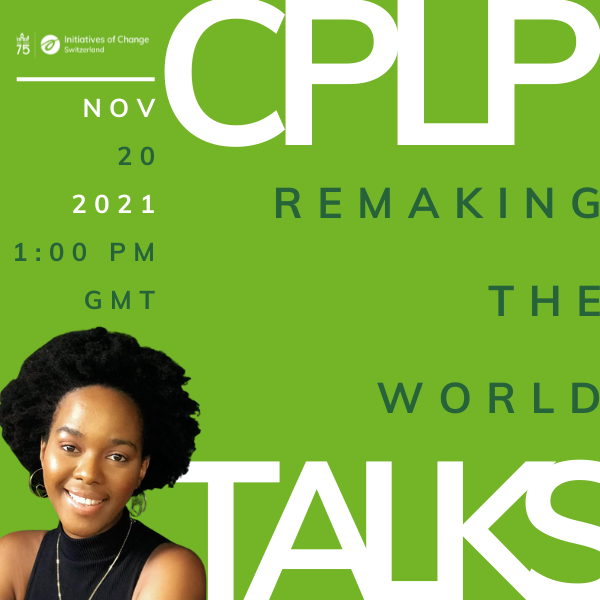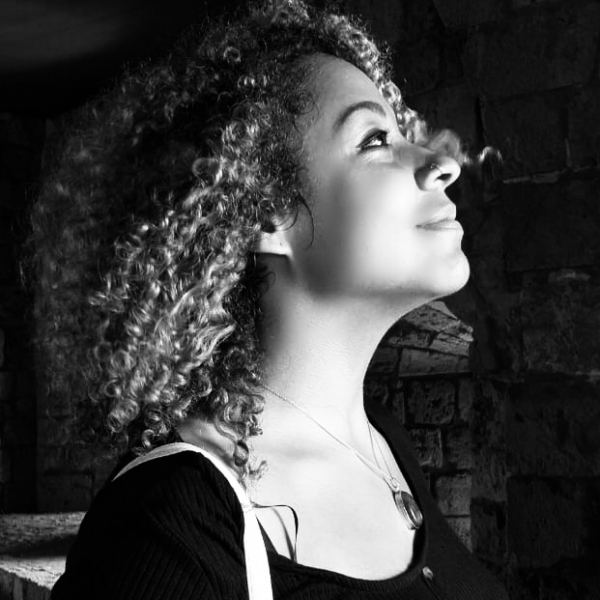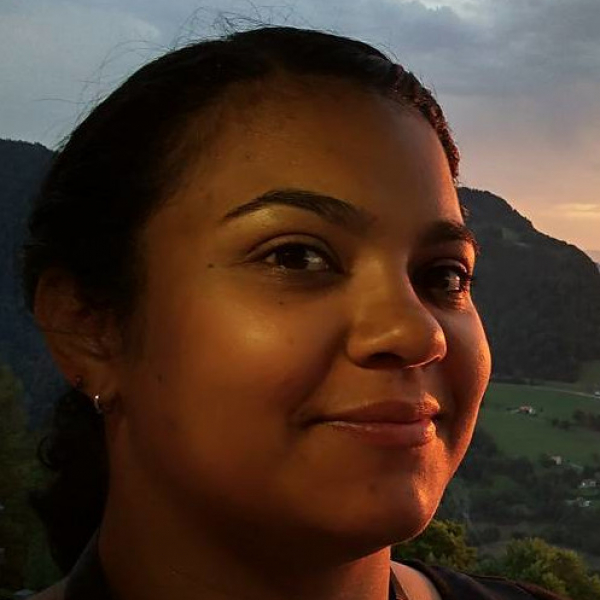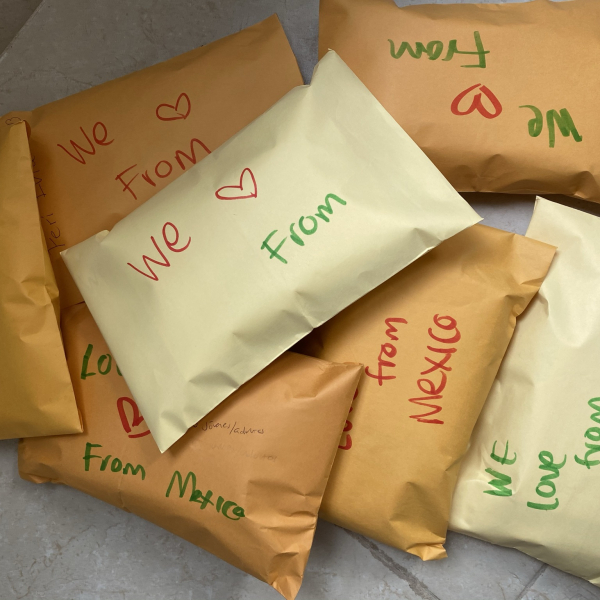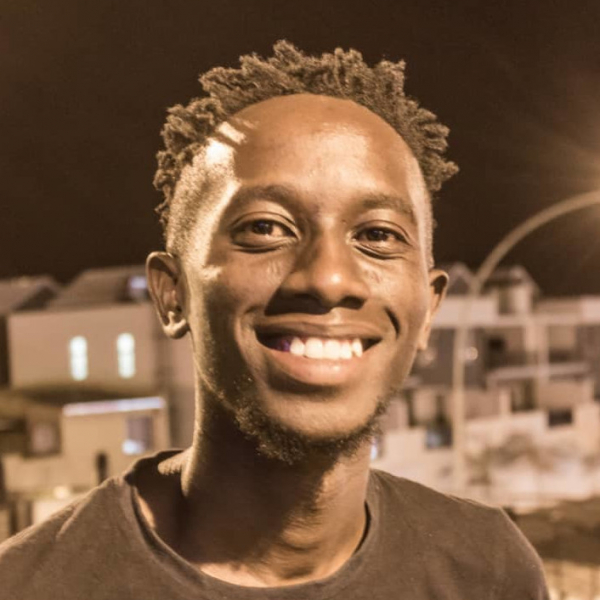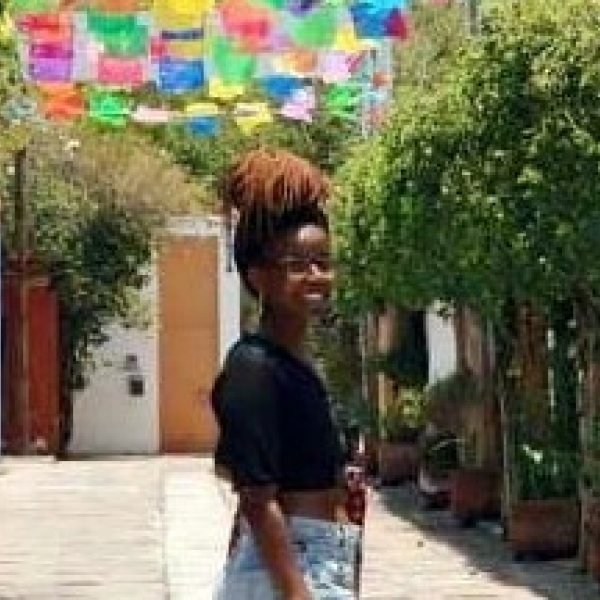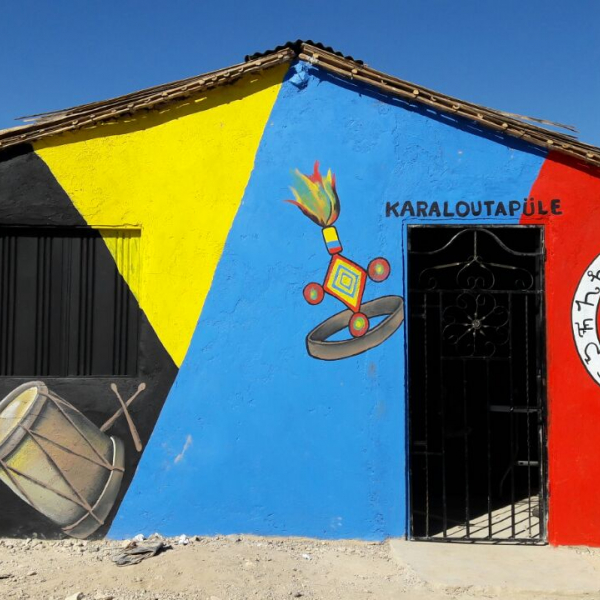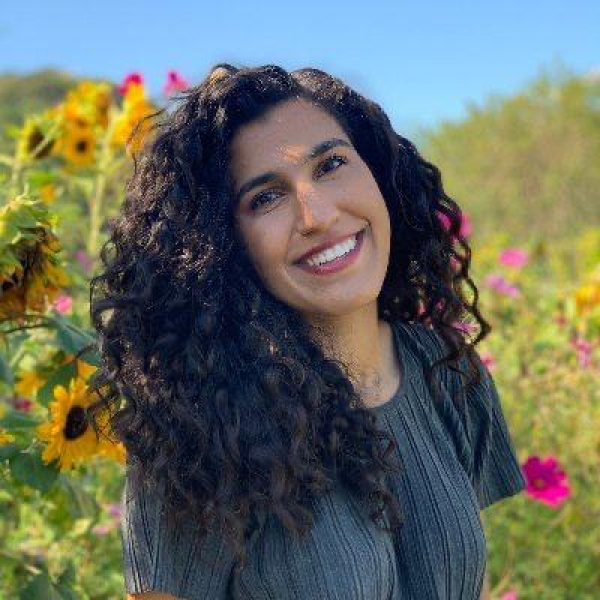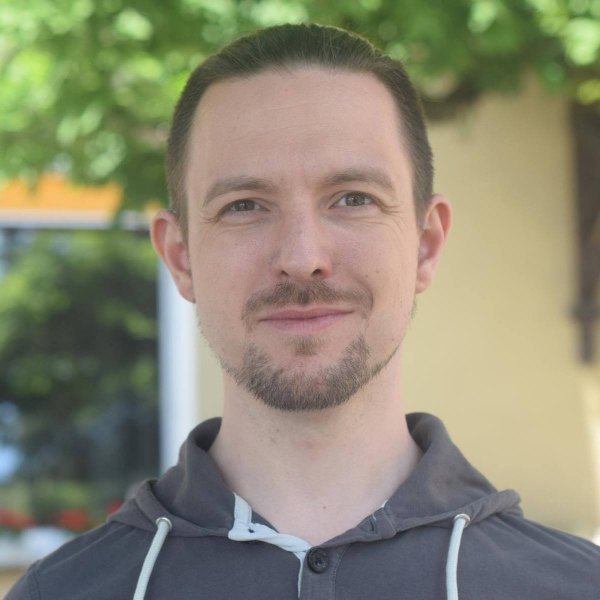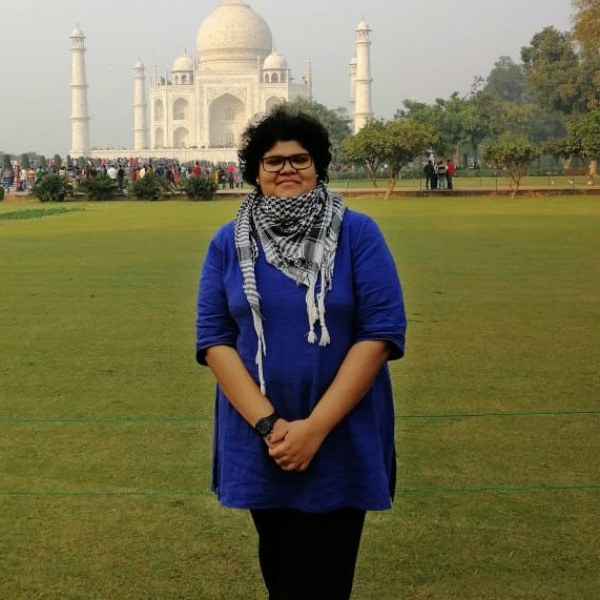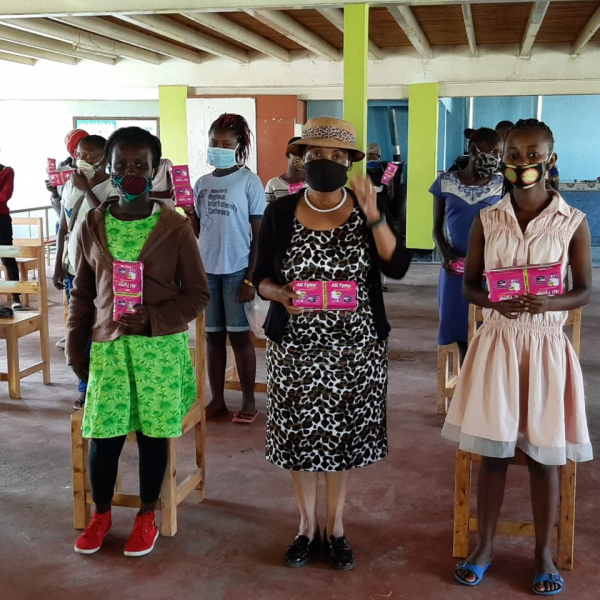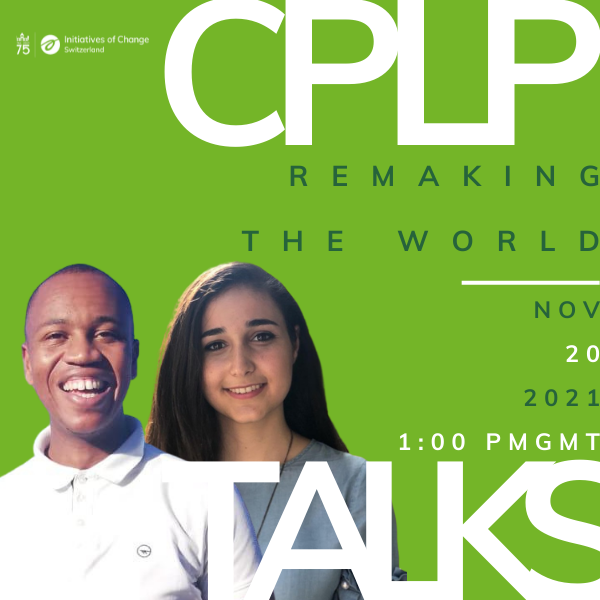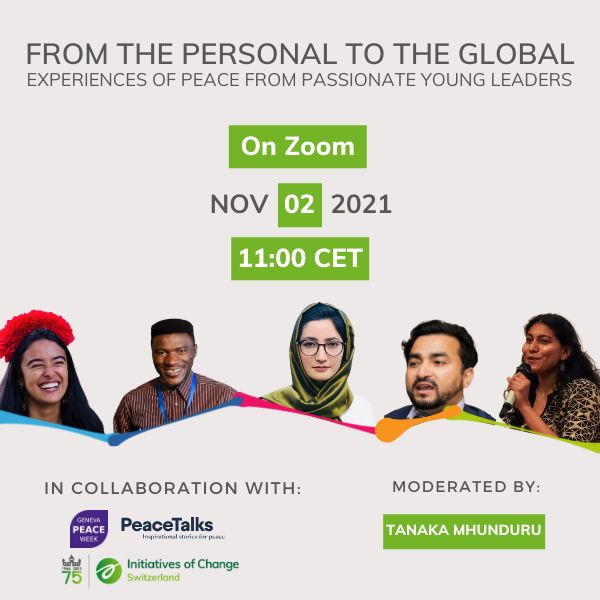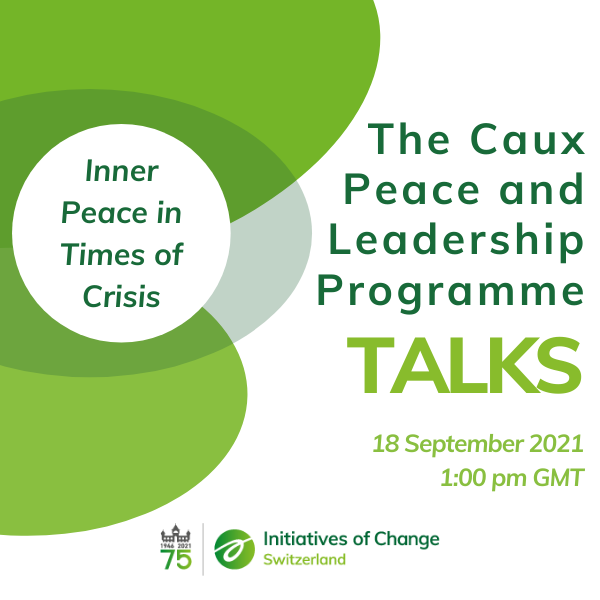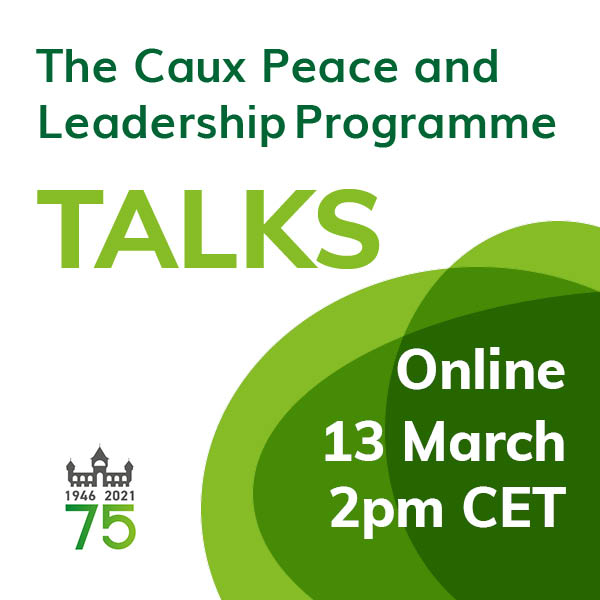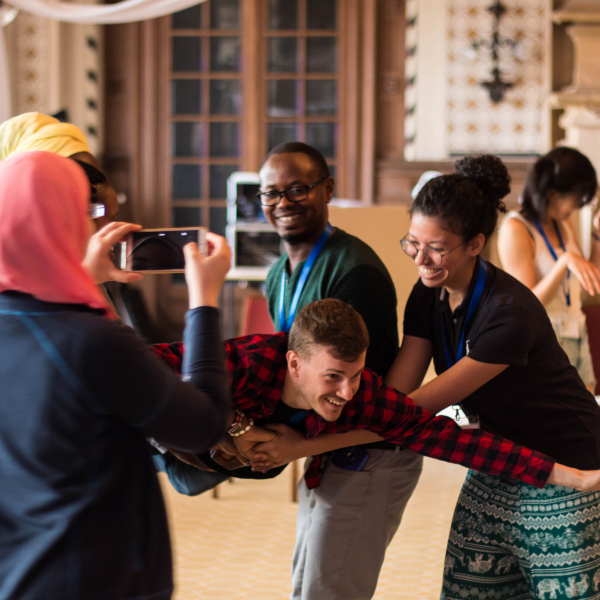Lebanon deserves better
Caux Peace and Leadership Program (CPLP)
01/10/2020
On 4 August 2020, the world was shocked to learn of the explosion which had torn through Beirut, the capital of Lebanon, claiming lives and property. Messages of love were sent to the people of Lebanon from all over the world.
The Caux Peace and Leadership Programme (CPLP) has a strong alumni presence in Lebanon. One of them, Sarah Taleb (ST), was in Beirut at the time of the explosion. She is a producing director, project manager and grant writer who specializes in cultural management. She took part in a virtual discussion with a representative interviewer (RI) from the CPLP.
RI: As difficult as it is, would you be happy to share with us your initial experience in the aftermath of the explosion in Beirut?
ST: My friend and I went to sleep elsewhere that night: our home was damaged and we didn’t want to stay there. I was numb for days, all of us were numb. I had to be there for my friend, even though I was still in denial. I kept saying: ‘No, this did not happen’. I felt it was the beginning of the end. I felt sad, and I stood with this sadness, refusing to be lifted up.
The thing that made this explosion different from others in the past wasn’t just how big it was, but what it took with it: a whole city. It was as if our collective memory had just been wiped out. People’s homes reduced to point blank, lives shattered along with the glass. Everyone knew someone who had died or been injured. A couple of days after the blast, we started cleaning houses of the rubble, dirt and shattered glass.
To this day, every time a door slams or when we hear a loud sound, we all jump. Our thoughts take us back to 4 August, when the clocks in Beirut stopped, literally, at around 6:00 pm.
RI: What was your initial reaction, and that of the people in Beirut?
ST: Everyone was angry. I was angry. The protests were built around our anger and frustration that our corrupt government could leave that amount of ammonium nitrate unsupervised and cause us to lose lives, homes and our city. During the protests, the army kept throwing tear gas at us: hundreds of people were injured every day.
For three days, I was personally angry at Lebanon. I insulted soldiers while driving, the parking lot concierge because he wouldn’t let me park in my spot, and two men for just looking at me the wrong way. I got to a point where I knew that I needed to walk away from those feelings of anger: my friends and family were worried I might end up in prison for it! I got hung up on my PlayStation for days, playing a video game and shooting at the soldiers. I guess that helped too.
RI: I have seen your Facebook feed and it shows that you have recently been painting houses?
ST: I felt I needed to be on the ground. We needed to do this to be able to move forward. It was not about inspiration, but about need. We all saw a huge need and we had to respond to it in one way or another. All Lebanese people found themselves contributing to rebuilding their neighborhoods, helping their injured neighbours or donating. I was painting houses. It gave me a chance to sit together with affected families, share a meal or a beer together and simply talk. It created a fun environment, built new memories – which is what a home is about, more than just bricks, paint and some utensils in the kitchen.
RI: That is powerful. What are your feelings about Beirut and Lebanon three weeks after the explosion?
ST: The pain will never go away. The mere fact of existing in Lebanon has become painful. Lebanon deserves better. But meeting families, helping people and knowing that these people care for you and love you genuinely, and vice versa, eases that pain. That’s the reason I’m able to stay here for a few months to come. I also chose to paint homes because it’s a thing I love to do. I find it’s a bonding activity, a symbolic act in itself. I have to admit that if I had not worked so much on my own personal growth, I would never have been strong enough to see people in their pain and suffering, and feel ready to serve and empathize with them.
If you want to be part of an online follow-up conversation with the CPLP alumni on Saturday, 10 October 2020 at 14:00 CEST, you can sign up through this link. You will find the terms and conditions here.
Find out more about the Caux Peace and Leadership Talks here.
After registering, you will receive a confirmation email containing information about joining the meeting.
